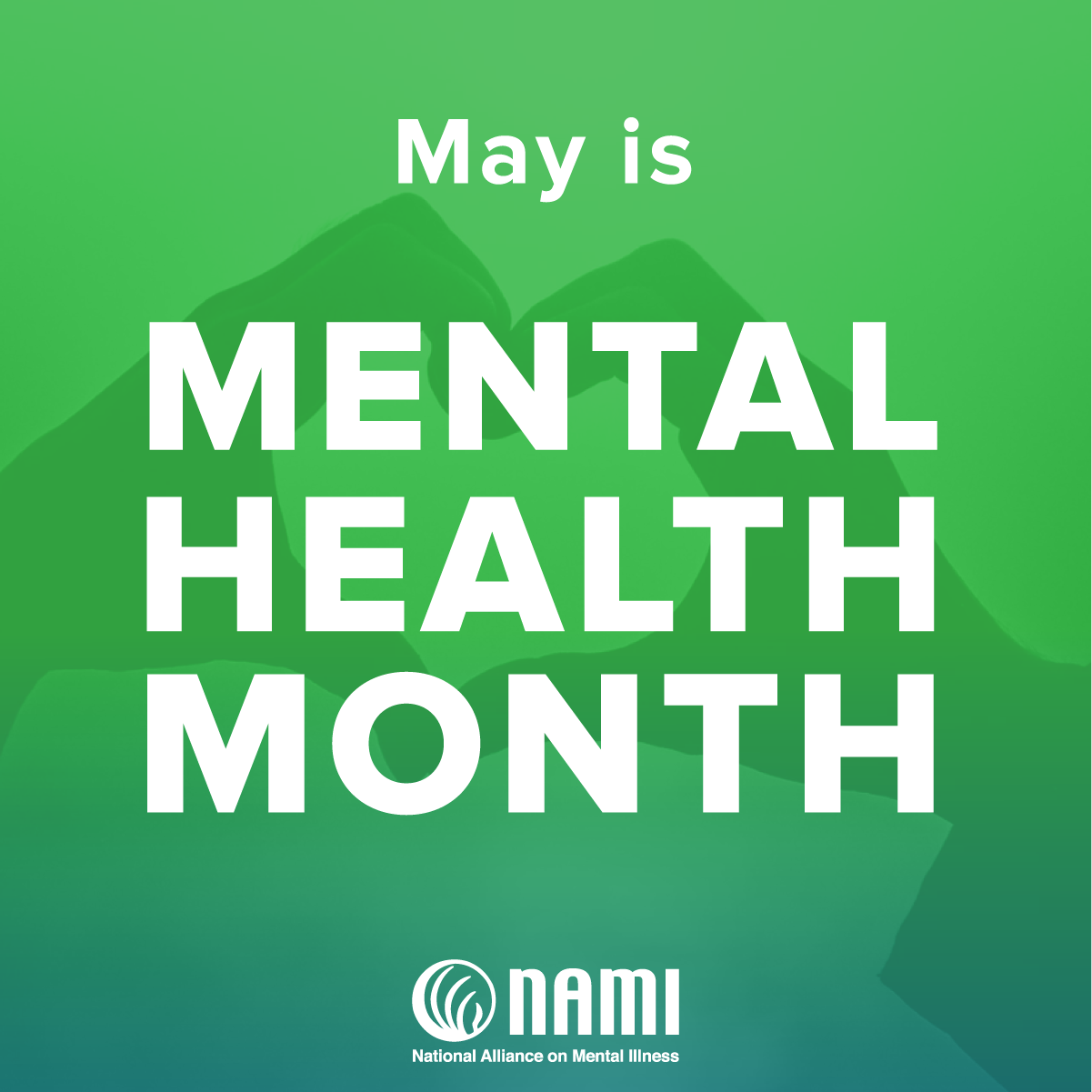Mental Health Awareness Month: JFCS sees greater acceptance and increased need for mental health supports

JFCS has multiple programs that support mental health across people’s life spans
By Ali DeCamillis, MS, ATR, LPCC • Counseling Manager and
Laine Bermansohn, MA, LPCC • Mental Health and Senior Services Manager
To start a blog about Mental Health Awareness Month by saying “Mental health impacts us all” (or something equally cliché) seems like the understatement of the year. Not too long ago, there absolutely was an acute need to shine a spotlight on a subject that was too taboo to bring up in polite conversation; or too sensitive to discuss with friends for fear of exposure; or heaven forbid, to an employer due to worry about implications for the future.


This year is different. As the world begins to climb out from under the oppressive realities posed by the pandemic, we now see a greater acceptance and increased need for mental health supports. The taboo may still exist, but to a lesser extent; the fear and the worries may still be there, but now can be voiced to a more accepting ear. Since the beginning of the pandemic, JFCS has been called upon on a scale we’ve not seen before. Fortunately, we have multiple programs that support the mental health of individuals and families across the lifespan.
Mental Health Awareness Month has existed since 1949 to increase awareness of the importance of mental health and wellness in Americans’ lives. JFCS has been here for over 100 years to promote the health, safety, and security of those living with mental health concerns, and we continue to do that today.
To better understand how JFCS can help, take a peek at the conversation below between Ali DeCamillis, Counseling Manager, and Laine Bermansohn, Mental Health and Senior Services Manager.
Ali: Laine, you’ve been with the agency since 2015; what are the services you see as being helpful to those calling JFCS for mental health support?
Laine: You know, I get this question a lot. I think what I enjoy most about answering it is that JFCS has so much to offer! To start, every caller begins their journey with us talking to an intake counselor. This means a full assessment of the needs and circumstances for the individual takes place from day one. Frequently, the case gets referred to Counseling and/or one of our case management services. For those callers who are seeking improved family dynamics or are experiencing challenges due to age-related declines, we can refer them to our Family Life Education program or our Caregiver Support and education programs in Senior Services. JFCS truly has a program to fit every stage of life, which I find to be incredible.”
Laine: What mental health services department do you oversee at JFCS? What are some of the Counseling staff’s areas of focus?
Ali: I recently joined JFCS in February to manage the Counseling department. We have a team of licensed clinical mental health professionals who offer a variety of specialized support – grief, loss, life transition, anxiety, depression, trauma, serious and persistent mental health, relational challenges, youth mental health, and cancer support. And we support a wide variety of people – kids, teens, young adults, couples, families, caregivers, and individuals from any background. Several of our providers have specialized training in Eye Movement Desensitization and Reprocessing (EMDR), Cognitive Behavioral Therapy (CBT), Internal Family Systems (IFS), mindfulness, and even play therapy and art therapy. Currently, we offer support through tele-mental health and will continue to do so even once we begin to see clients in-person again.
Ali: Laine, can you tell me more about case management? Which JFCS programs provide it?
Laine: Case management is one of those things many people have heard of, but few know what it is. JFCS has a few programs that provide case management or care coordination services, and they’re tailored to specific populations. Targeted Case Management is offered through our Mental Health Support Services (MHSS) department. It’s designed for individuals living with Severe and Persistent Mental Illness and really helps people gain access to a variety of supports for the necessities of life. Care Coordination and Caregiver Coaching are offered within the Senior Services department and offer assistance to older adults and their caregivers as people’s lives evolve and needs change due to the aging experience.
Another program offering case management is ACT, a parent support program in the St. Louis Park School District. As case management, ACT supports the parents of elementary-aged children to identify barriers such a lack of basic needs and unstable housing which may impact children getting to school regularly. ACT staff use a case management model to identify the issues impacting the families and get services and referrals in place that help.
Laine: Two final questions, Ali – why might someone consider seeking counseling services? What are the potential benefits?
Ali: Honestly, the reasons people seek therapy are as varied as the humans who exist in this world. Some people come to therapy because of chronic mental illness in themselves or their family, or because of crisis or unresolved trauma. For many, it is because they are simply struggling with situational change, family dynamics or wanting to make shifts in their lives or relationships. Regardless of what brings a person to therapy, the potential benefits could include increased self-awareness and insights about their life; developing coping strategies to manage stress; making healthier choices; improved communication; and most importantly, a safe, neutral and non-judgmental space to process thoughts and feelings with a therapist who will honor confidentiality.
At the end of the day, if you or your loved one feel like you might need some support but you aren’t sure what kind of support is needed, just call us at 952-546-0616. We can help.
